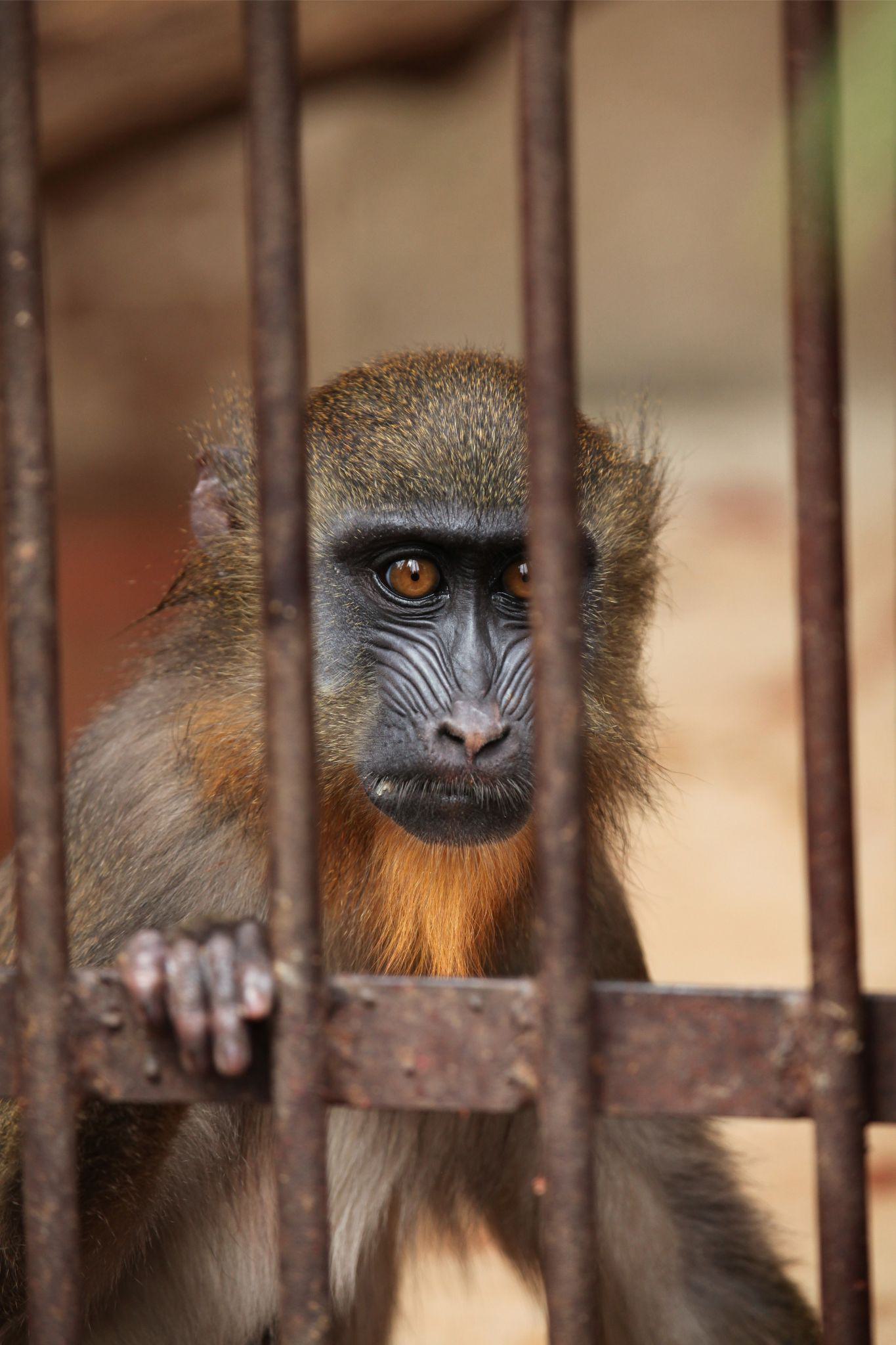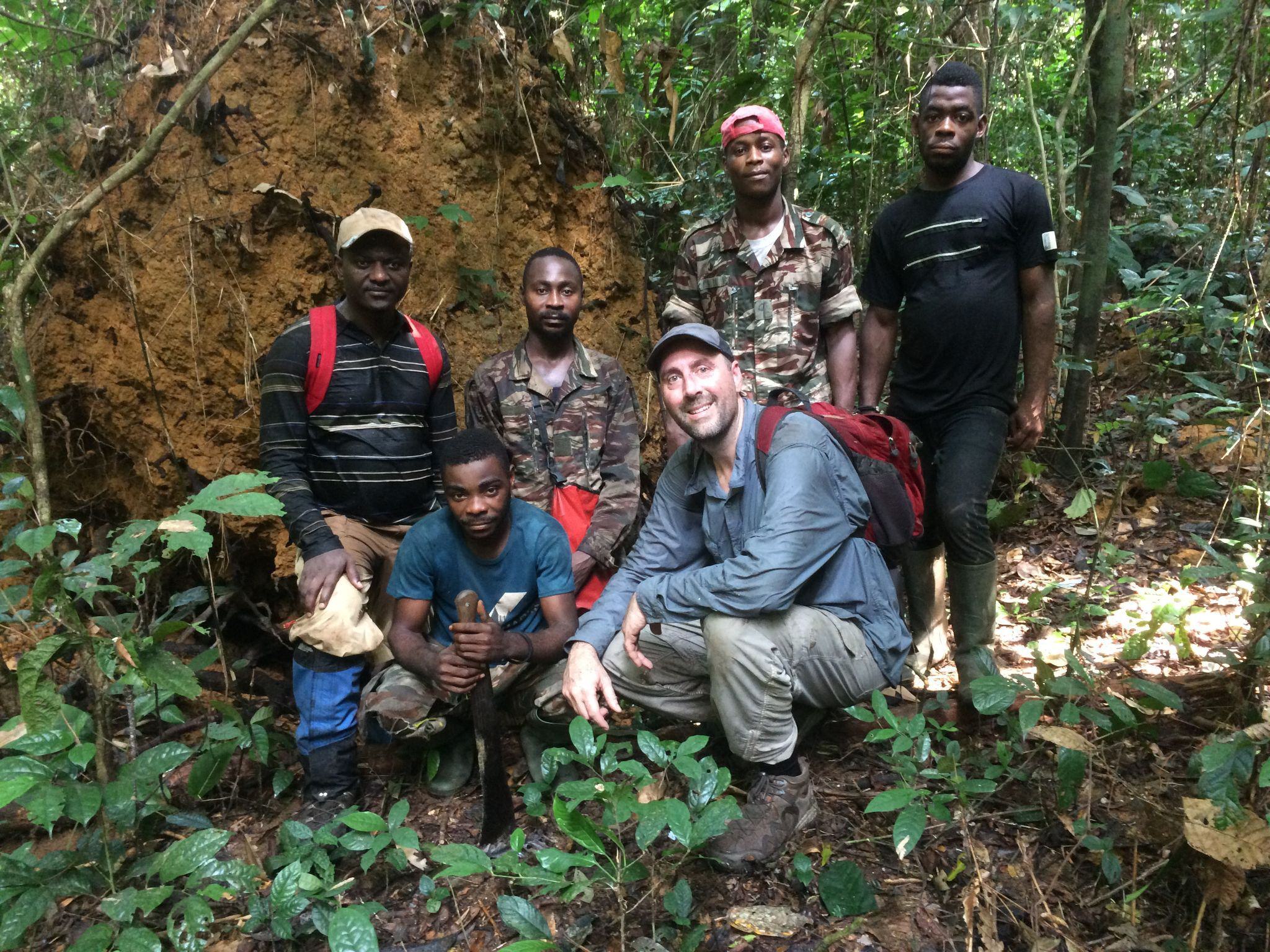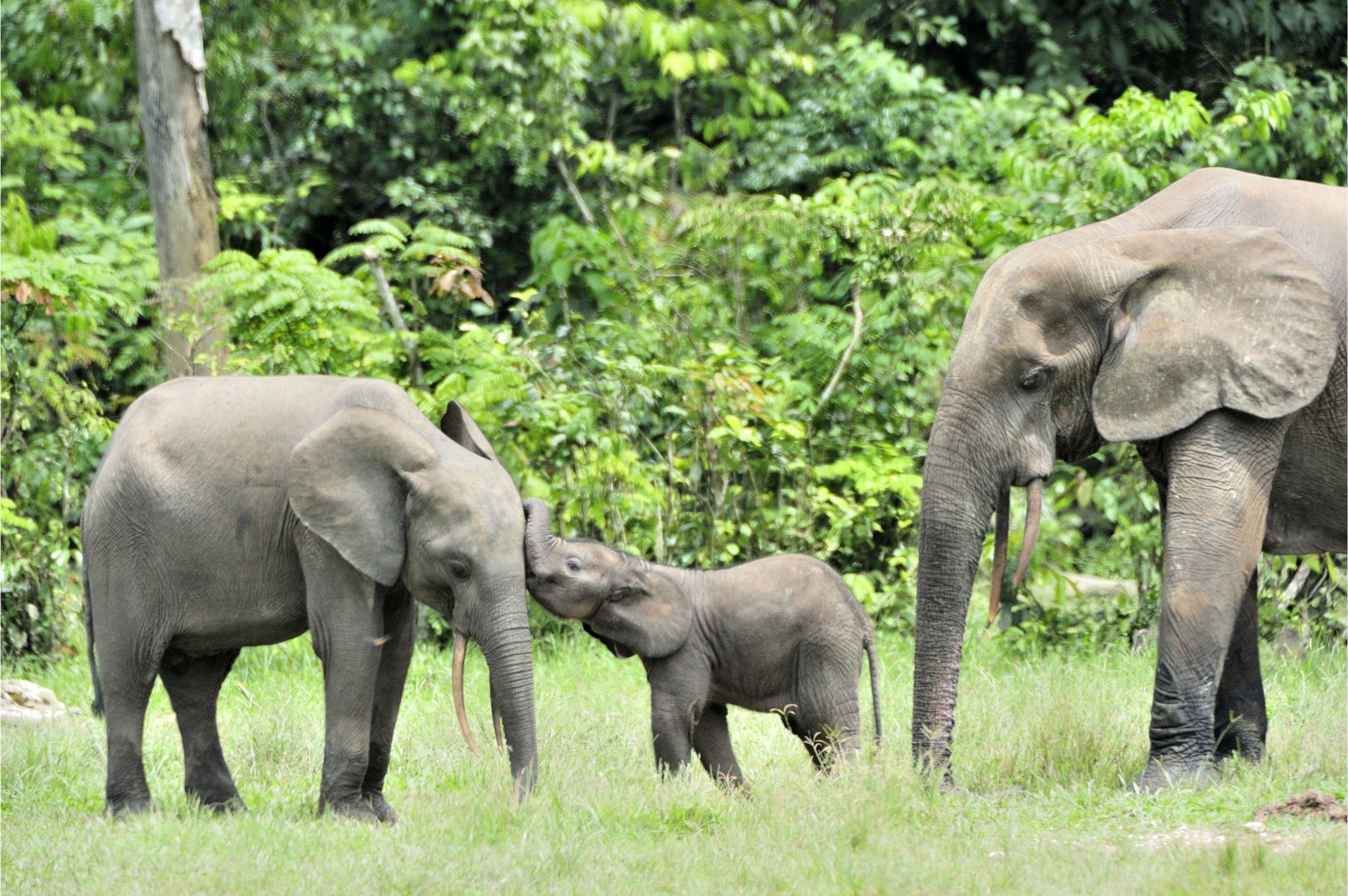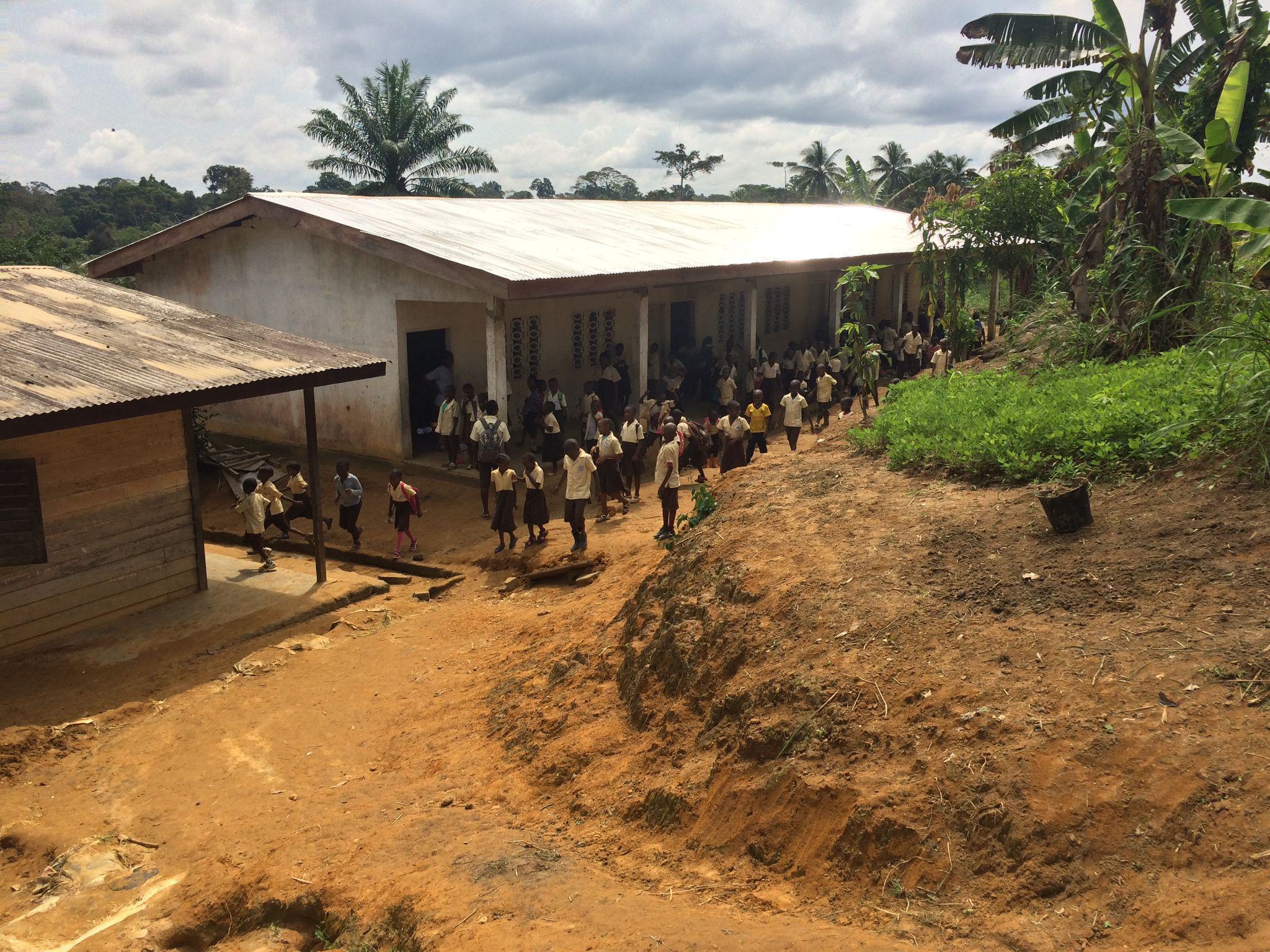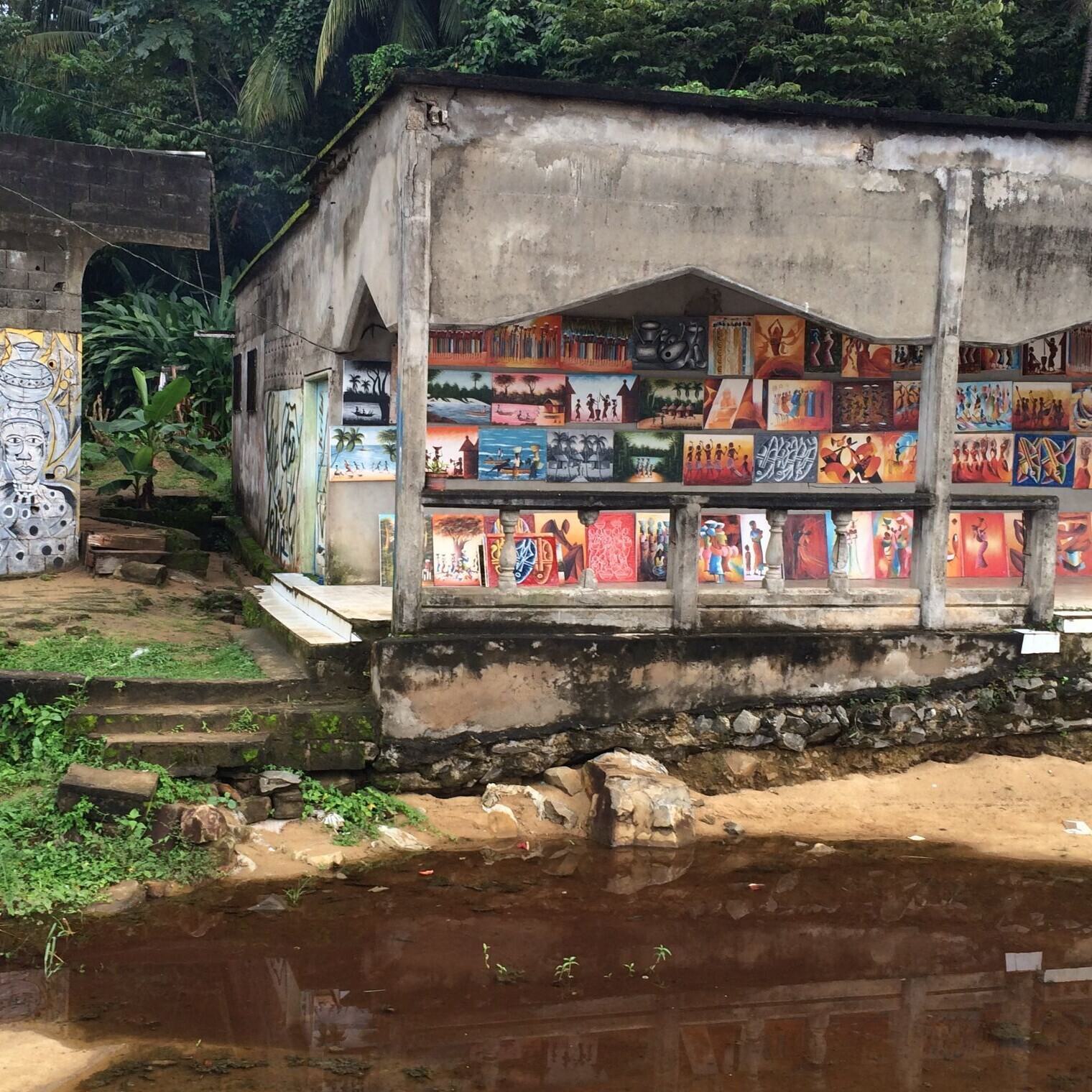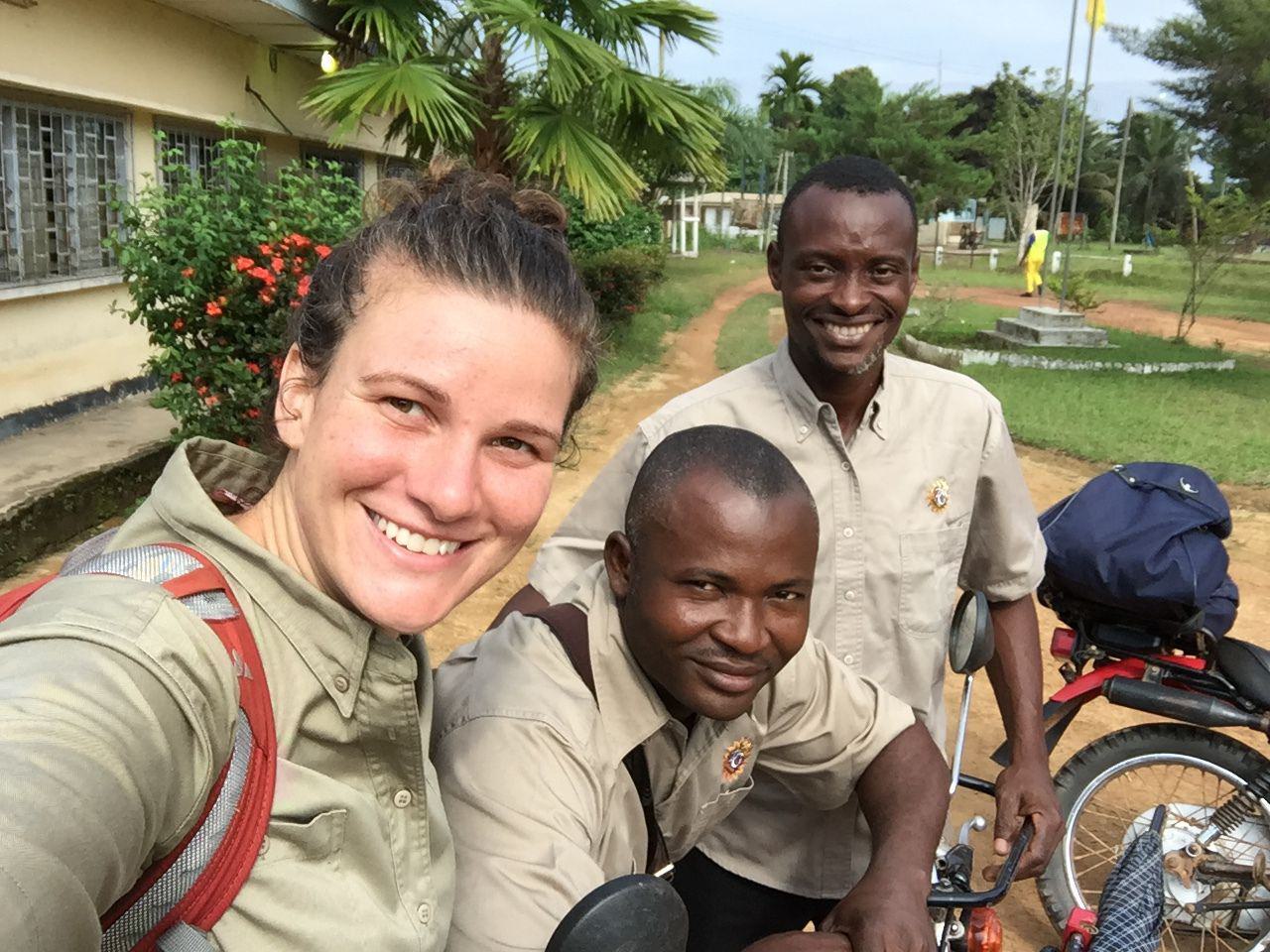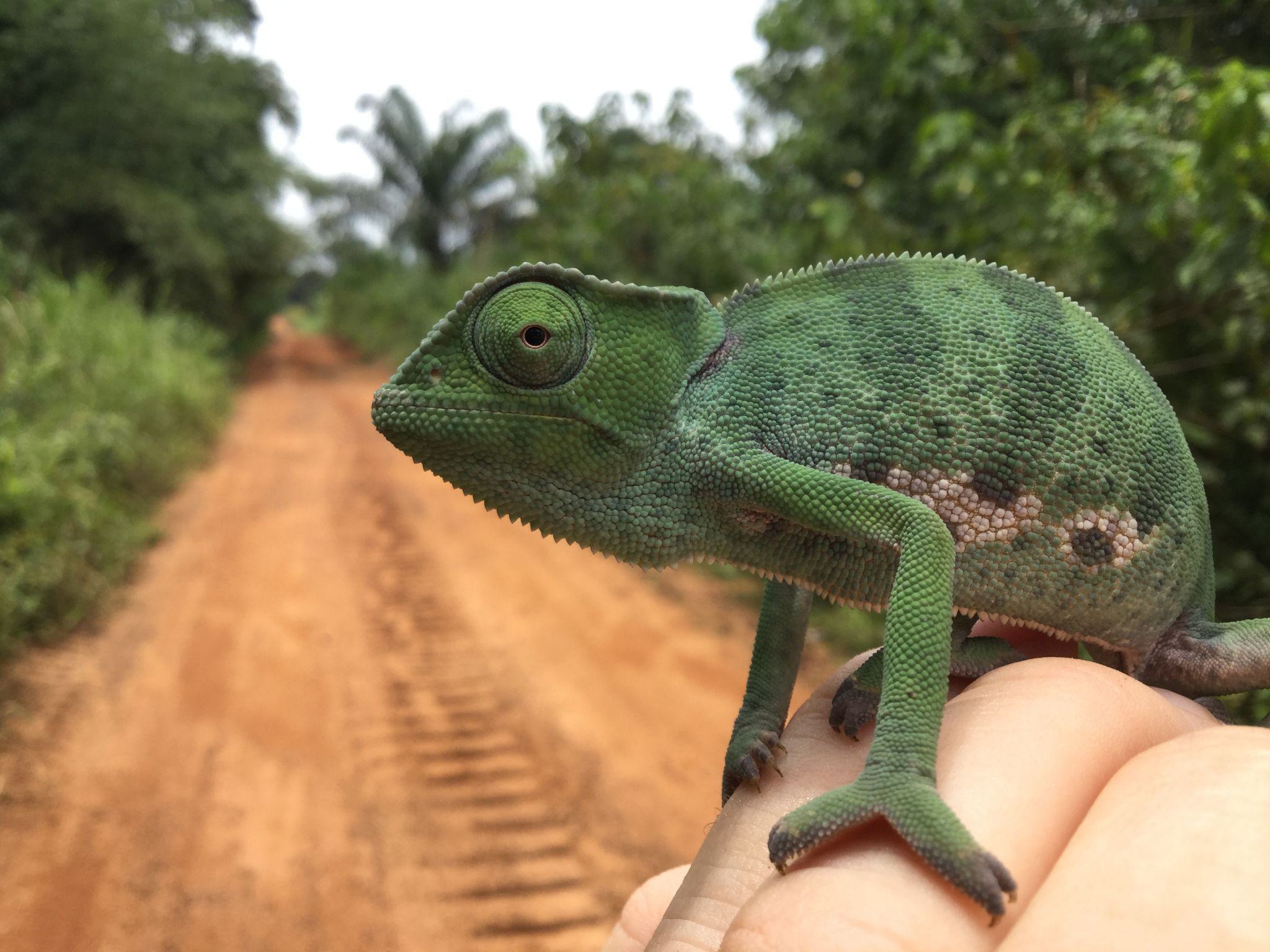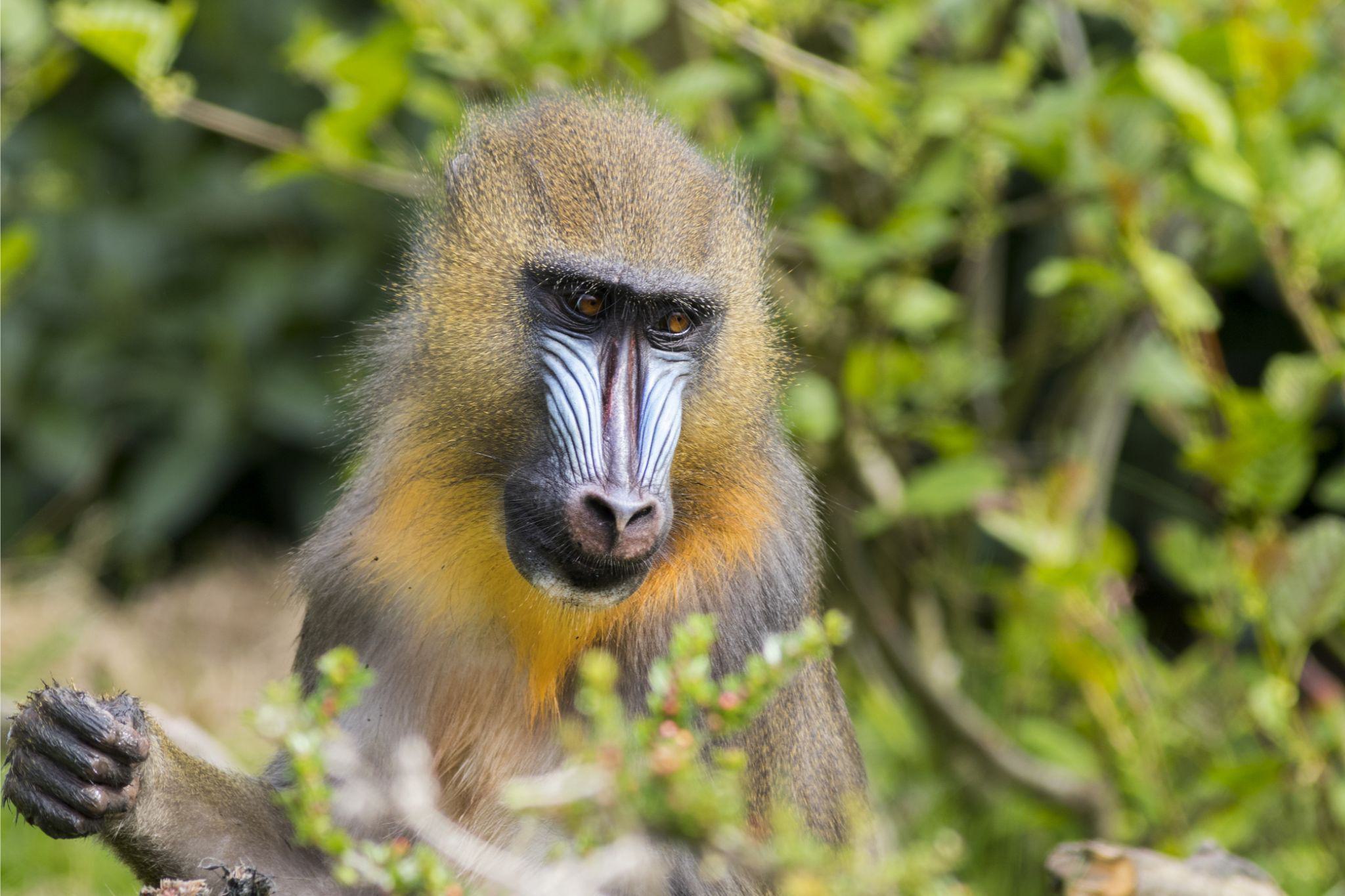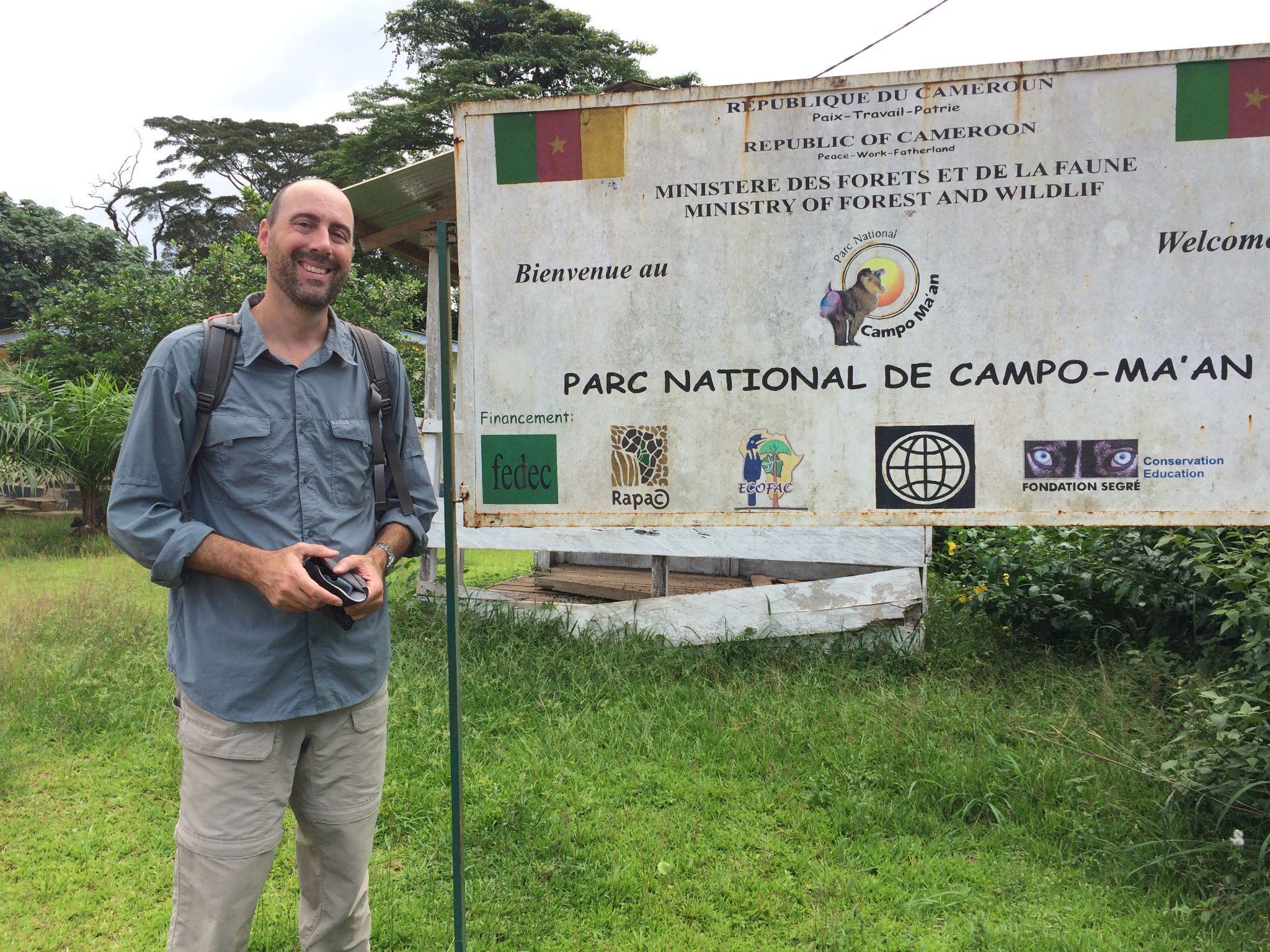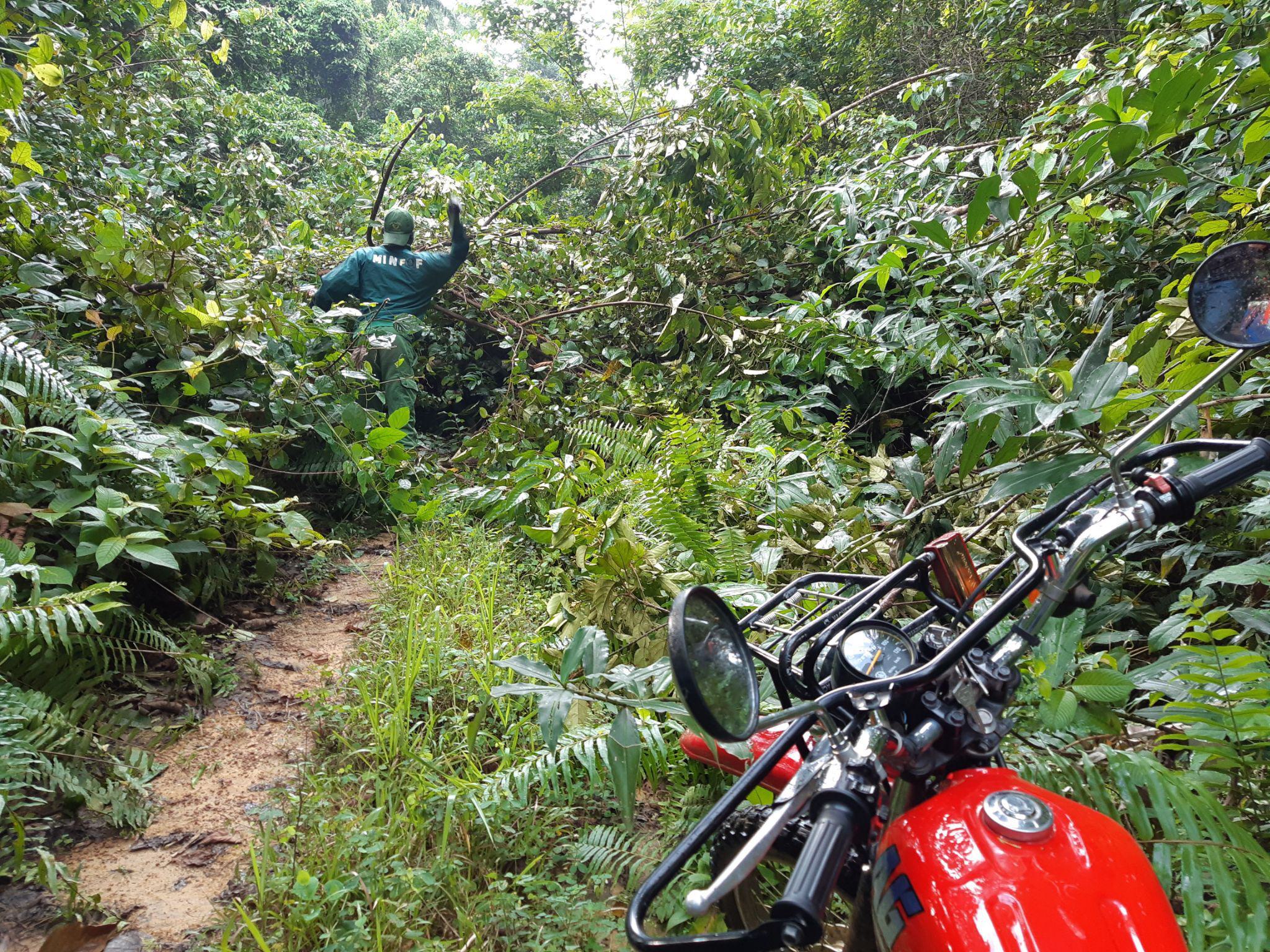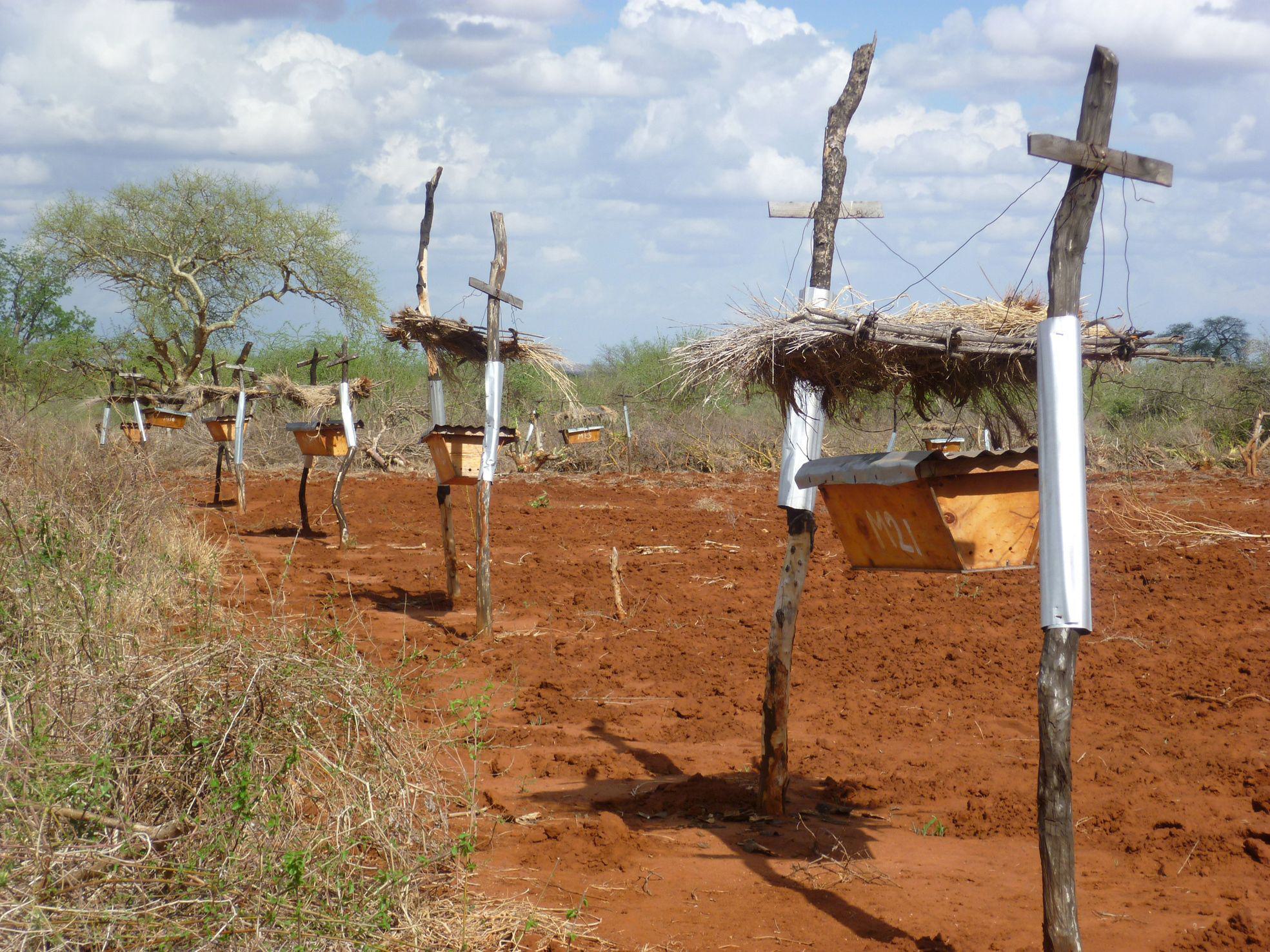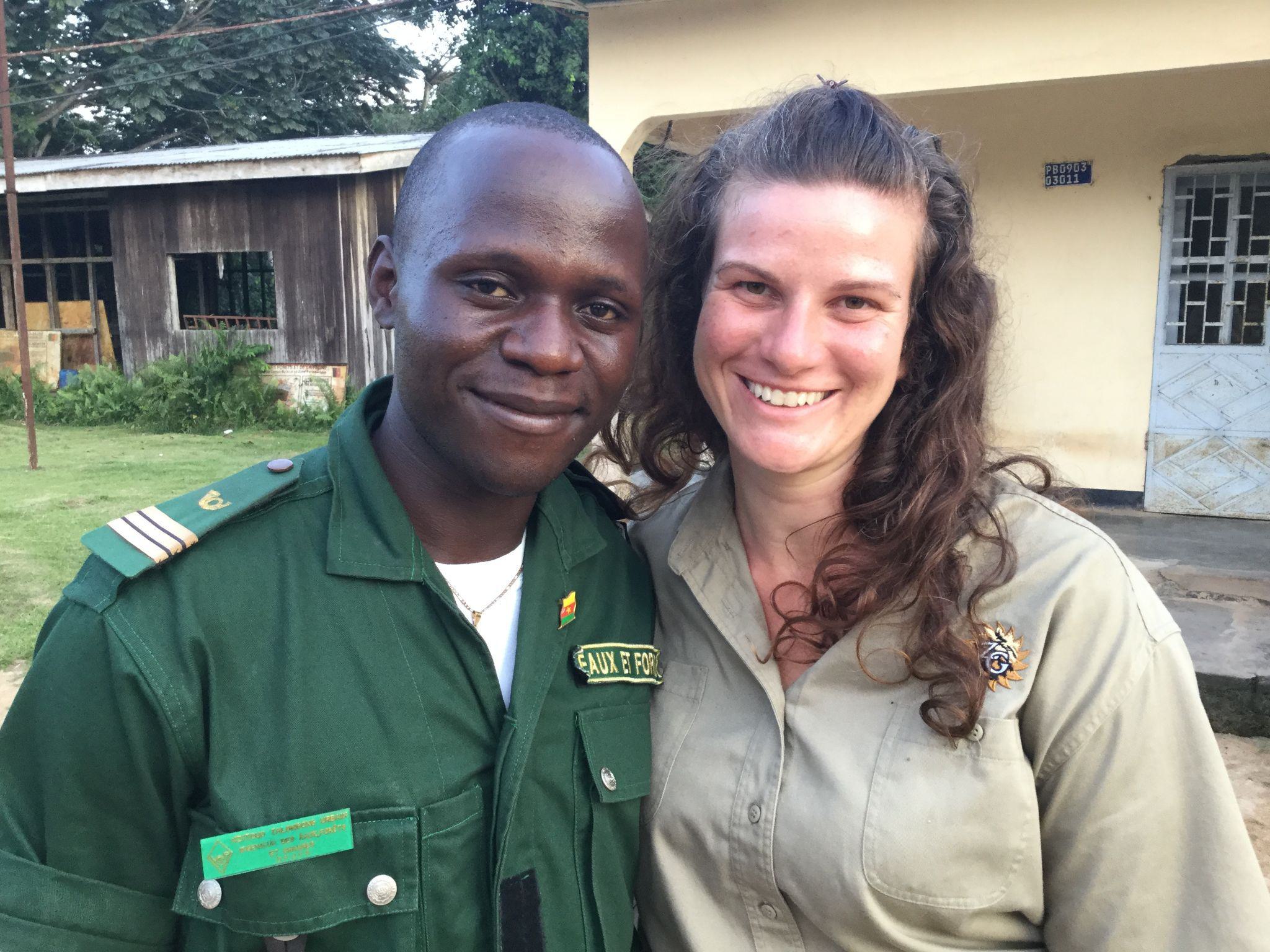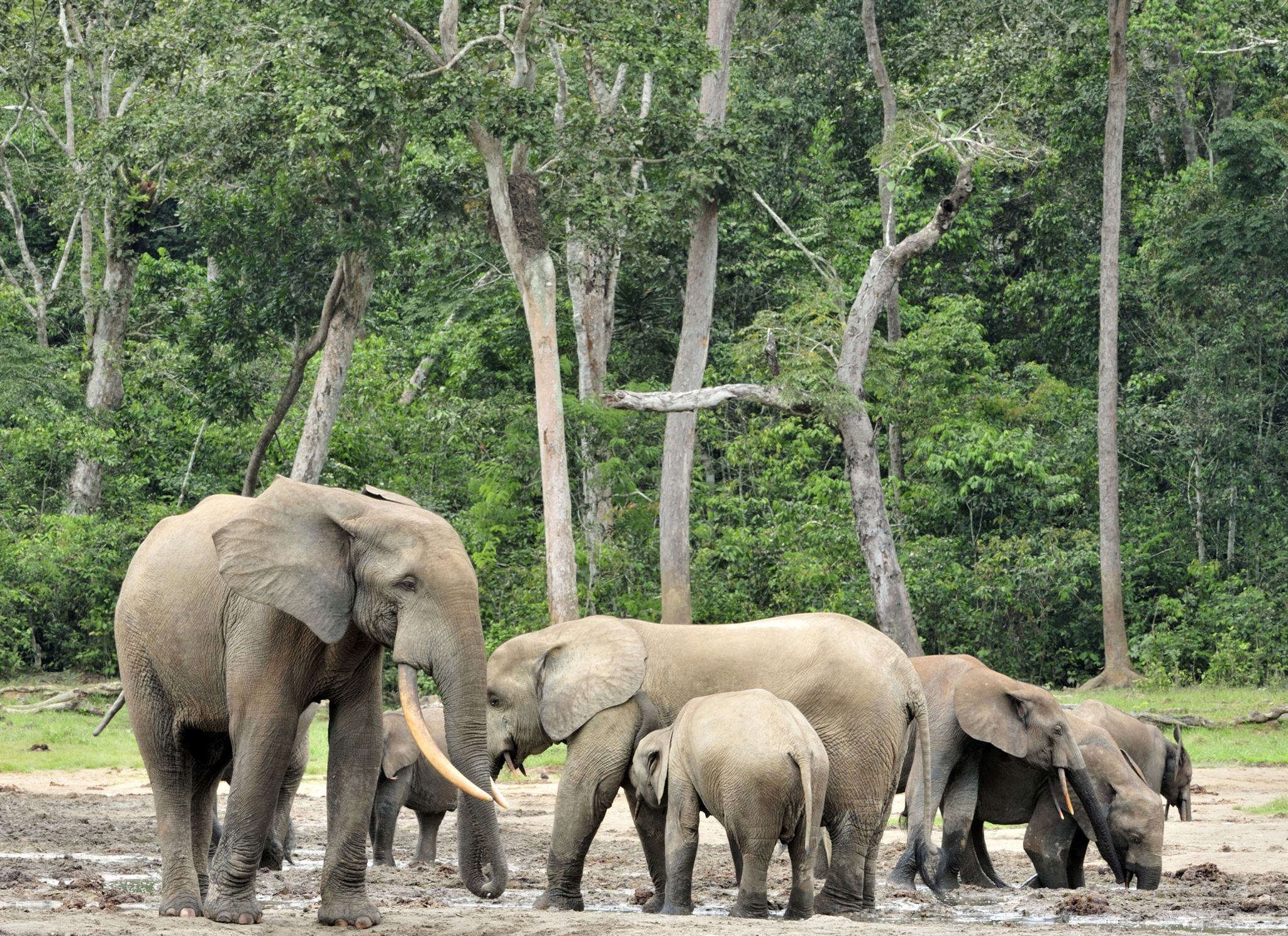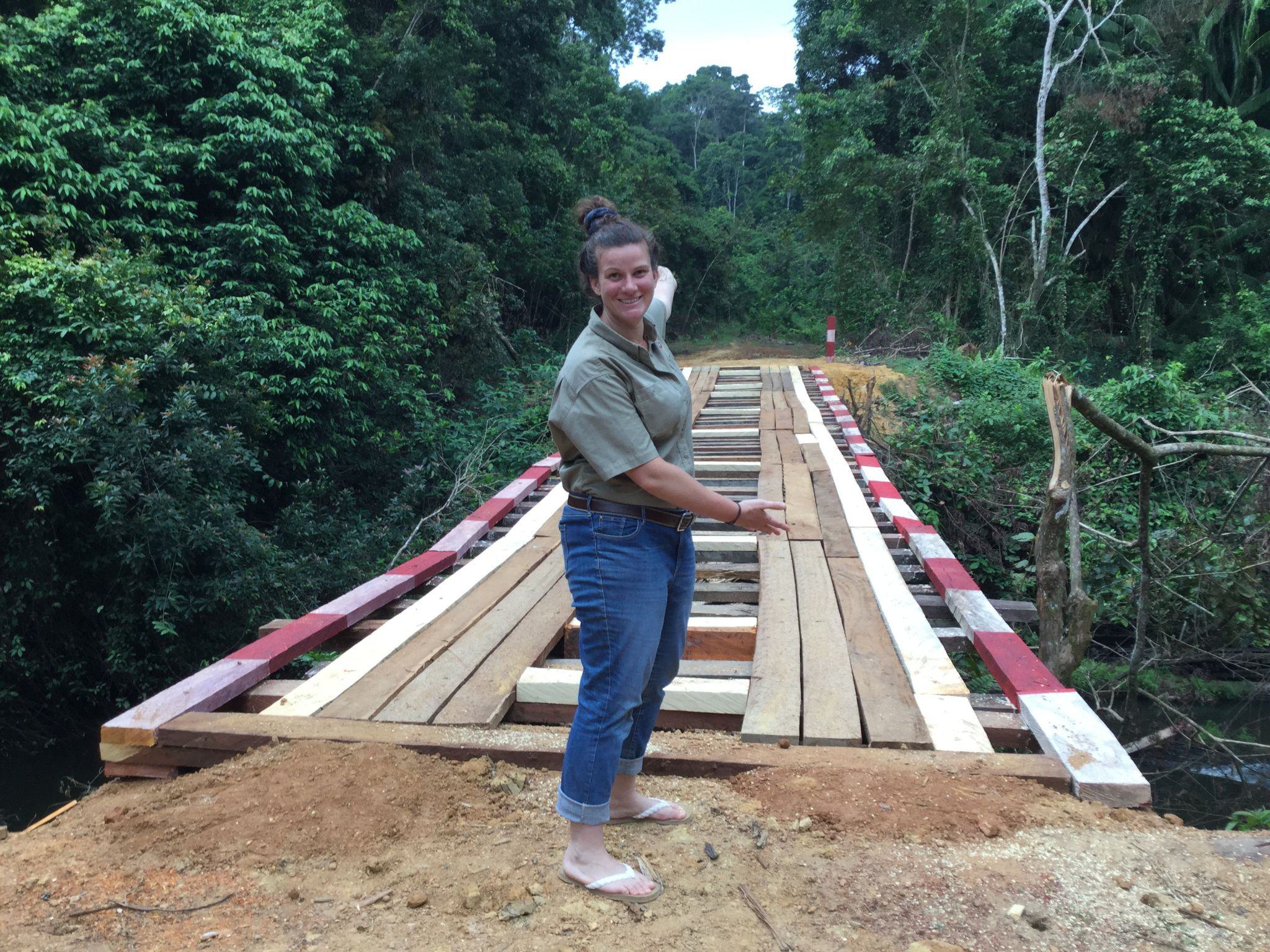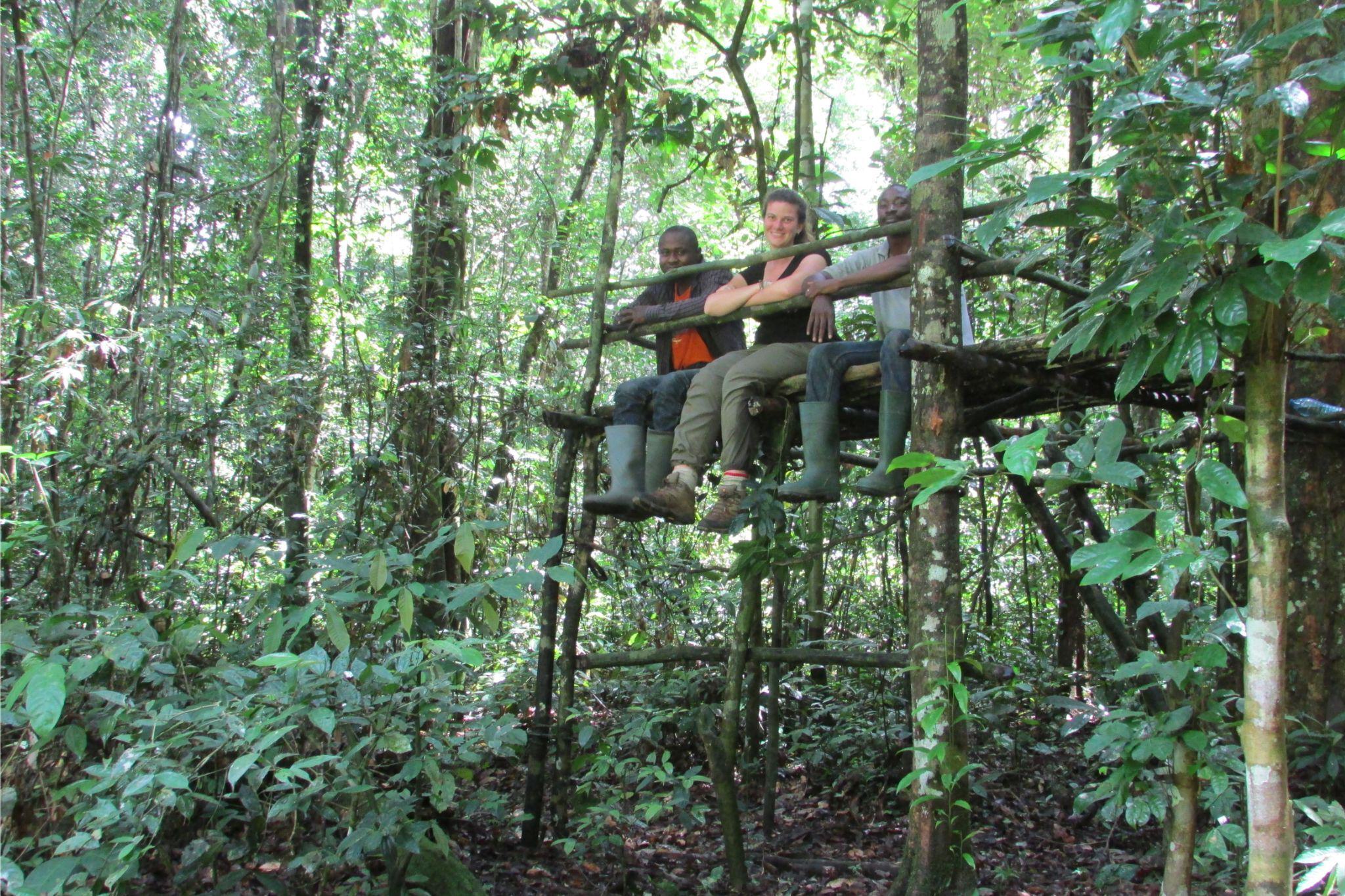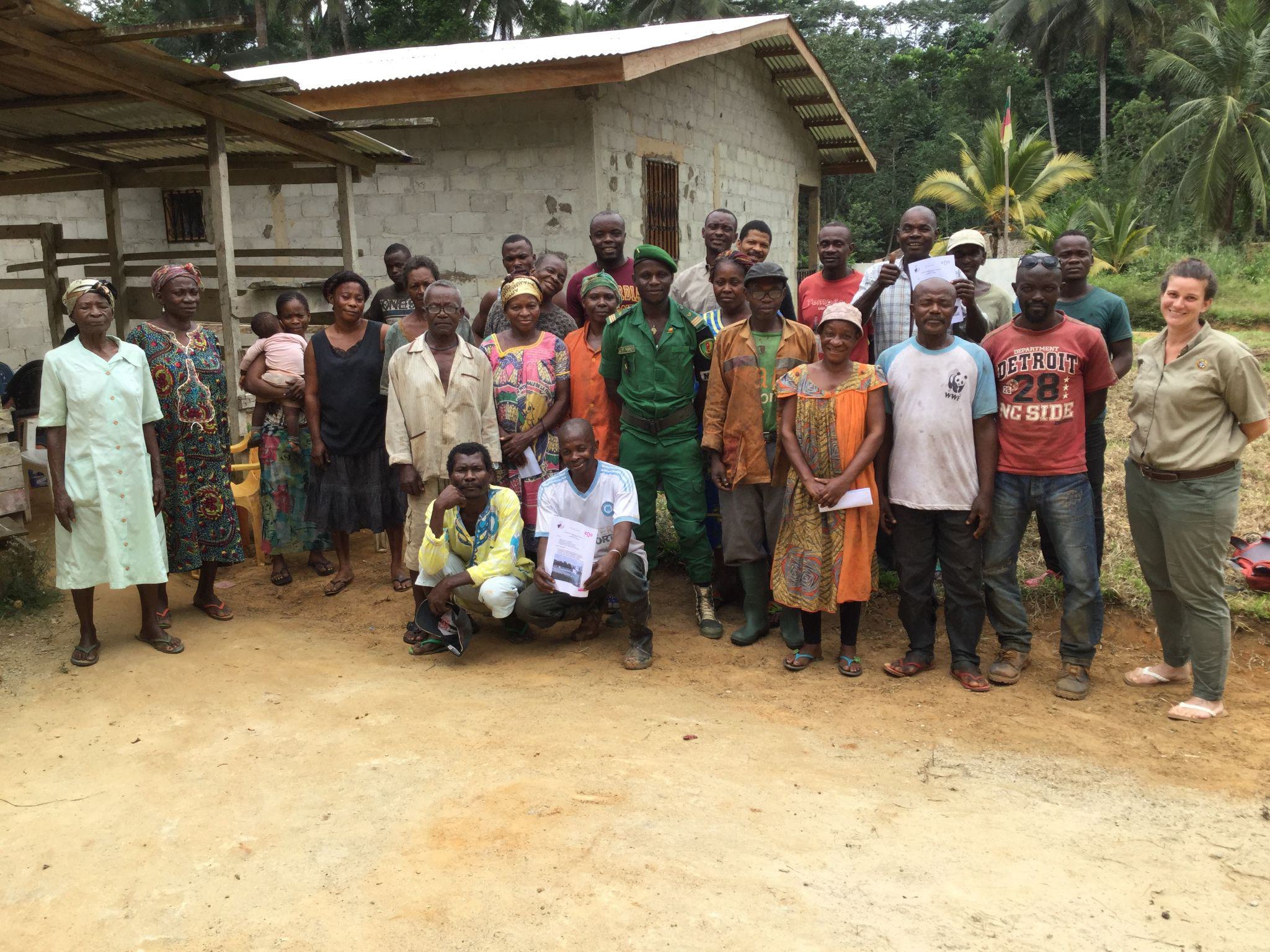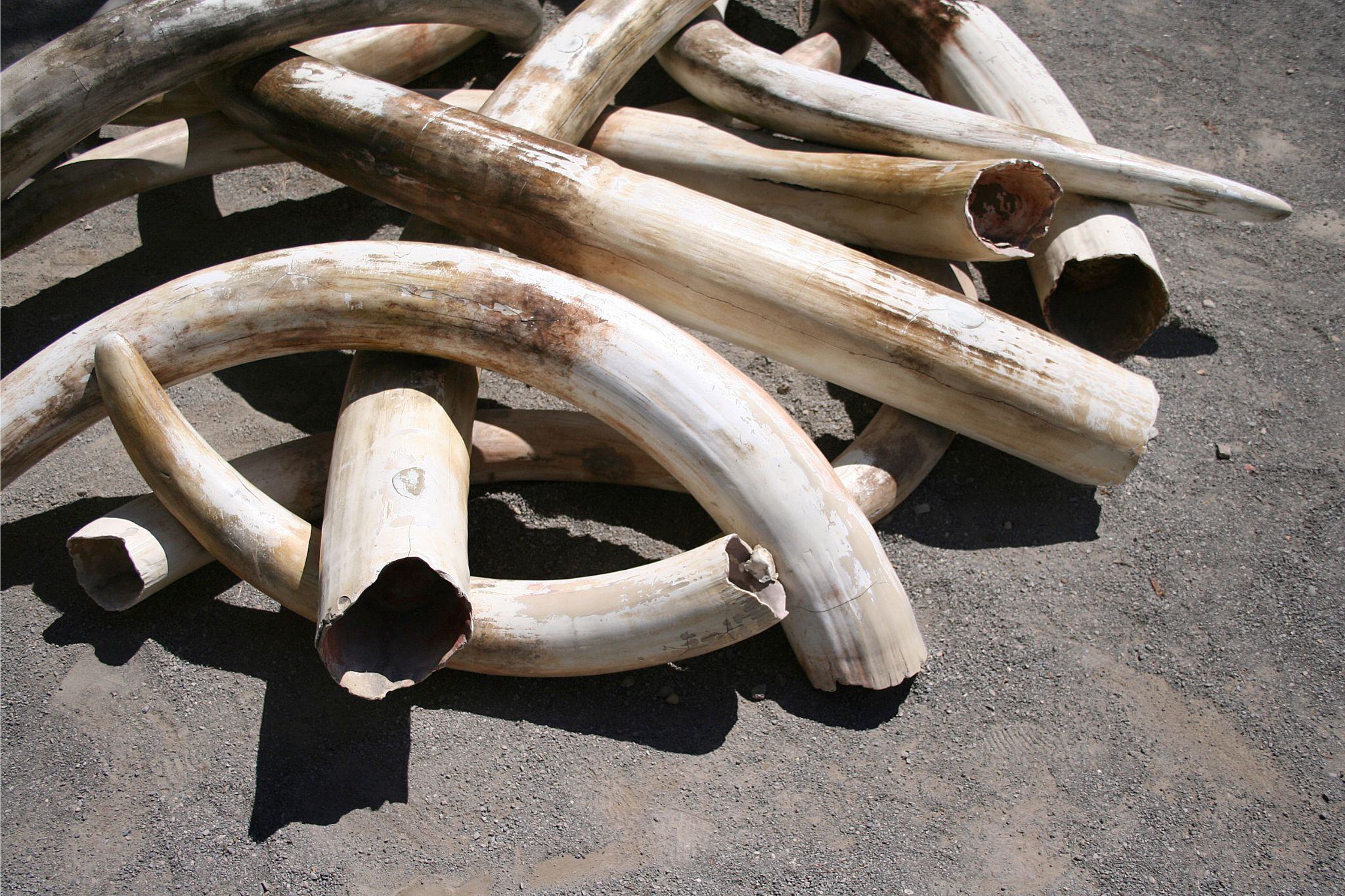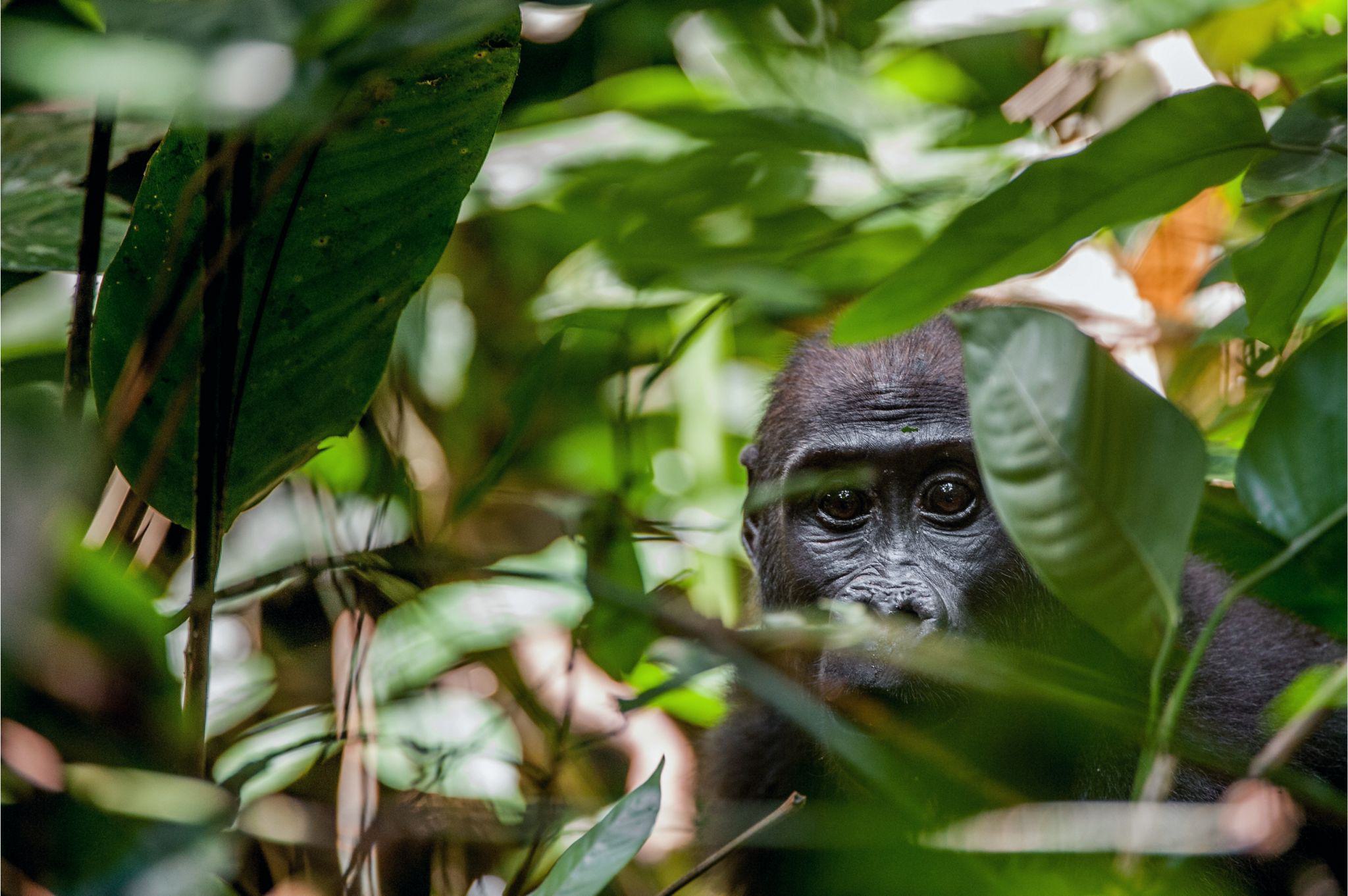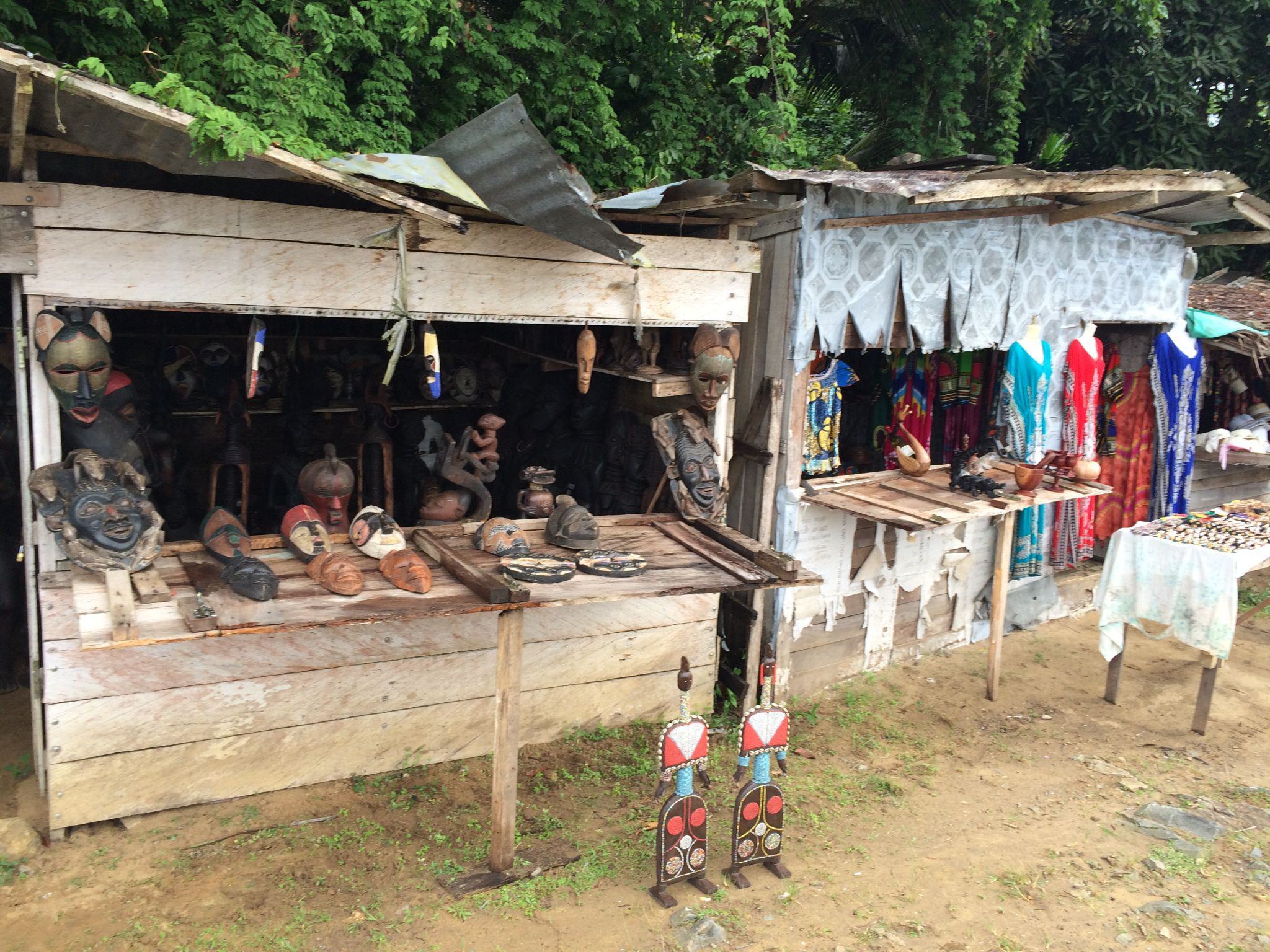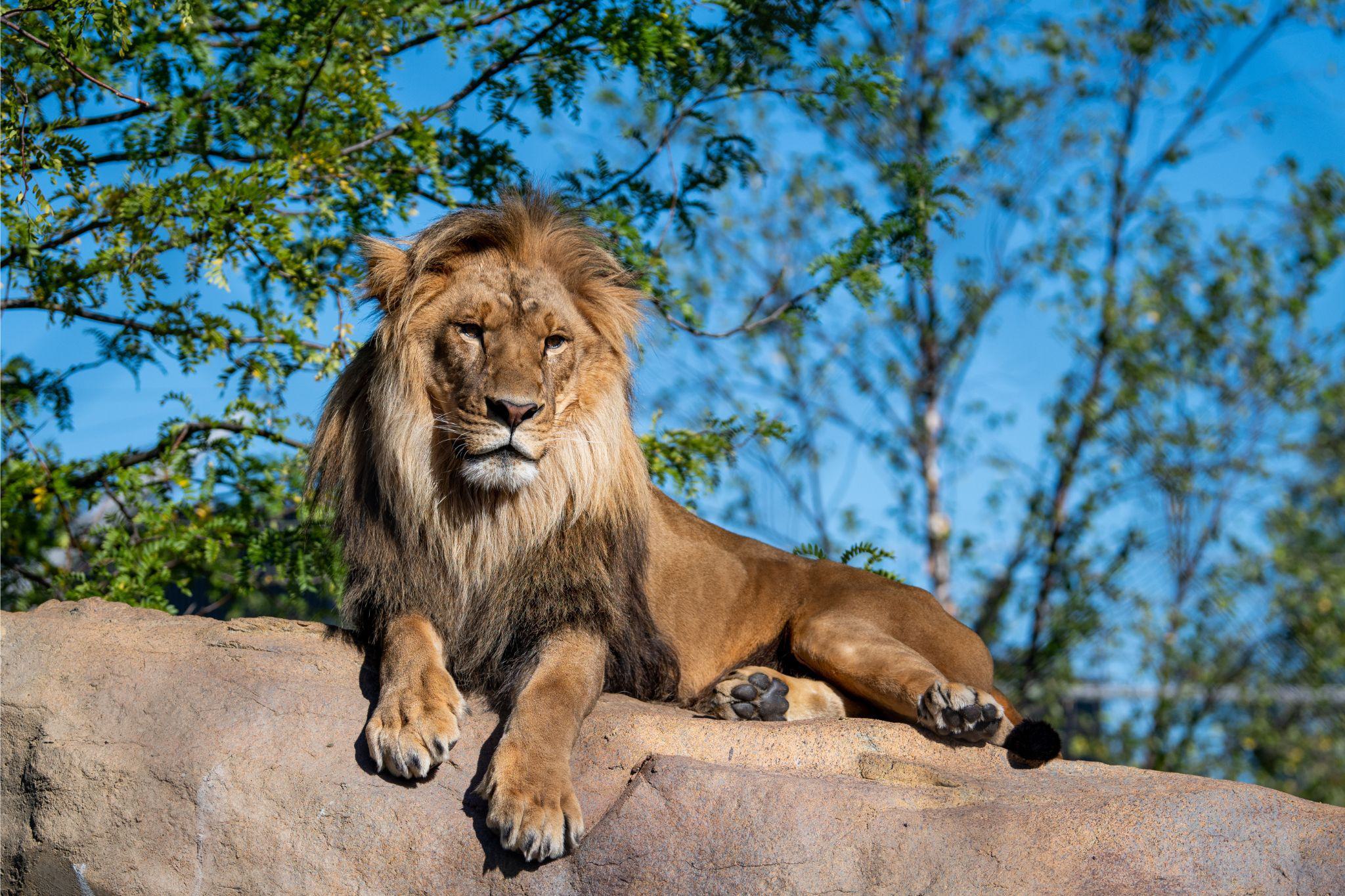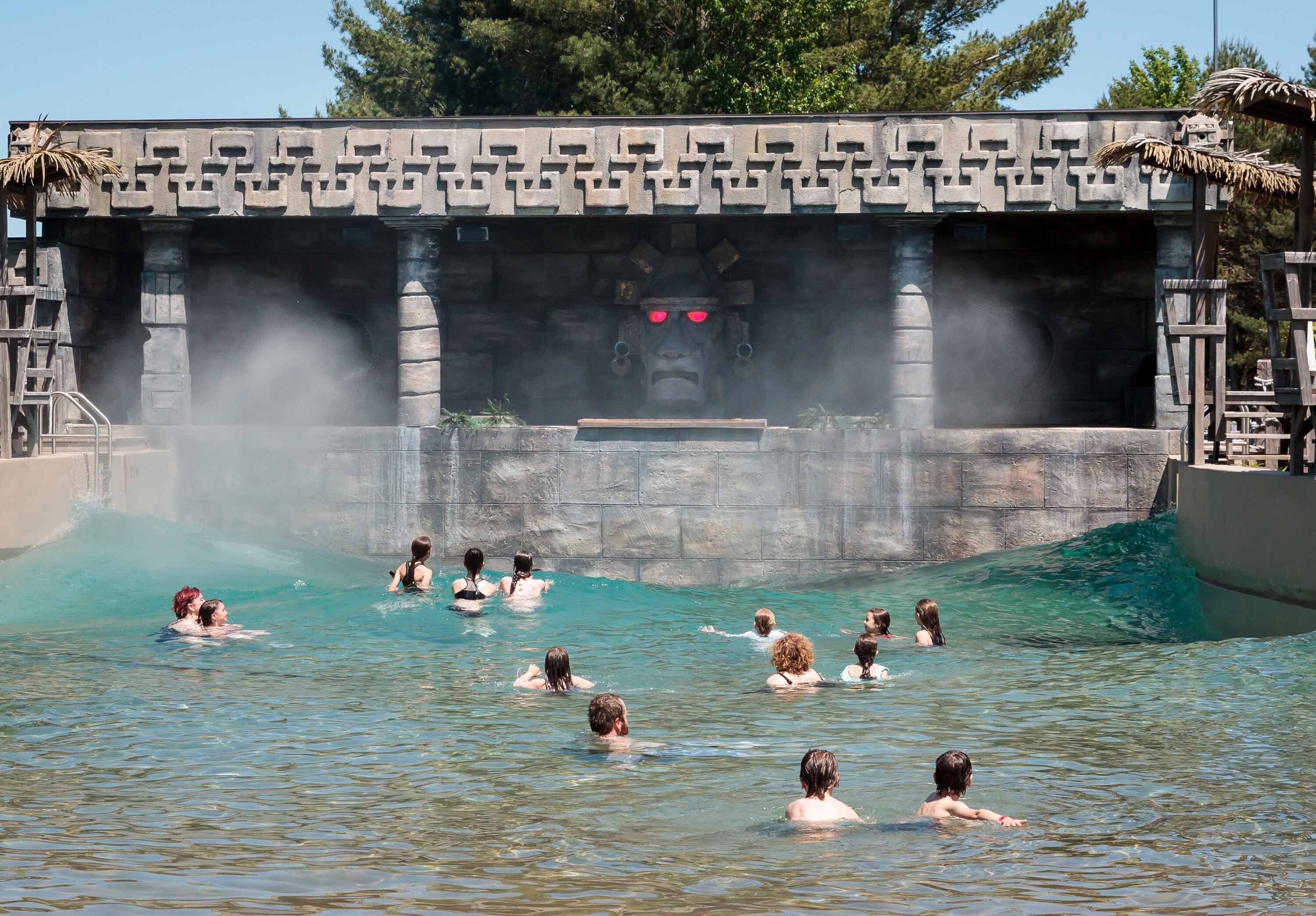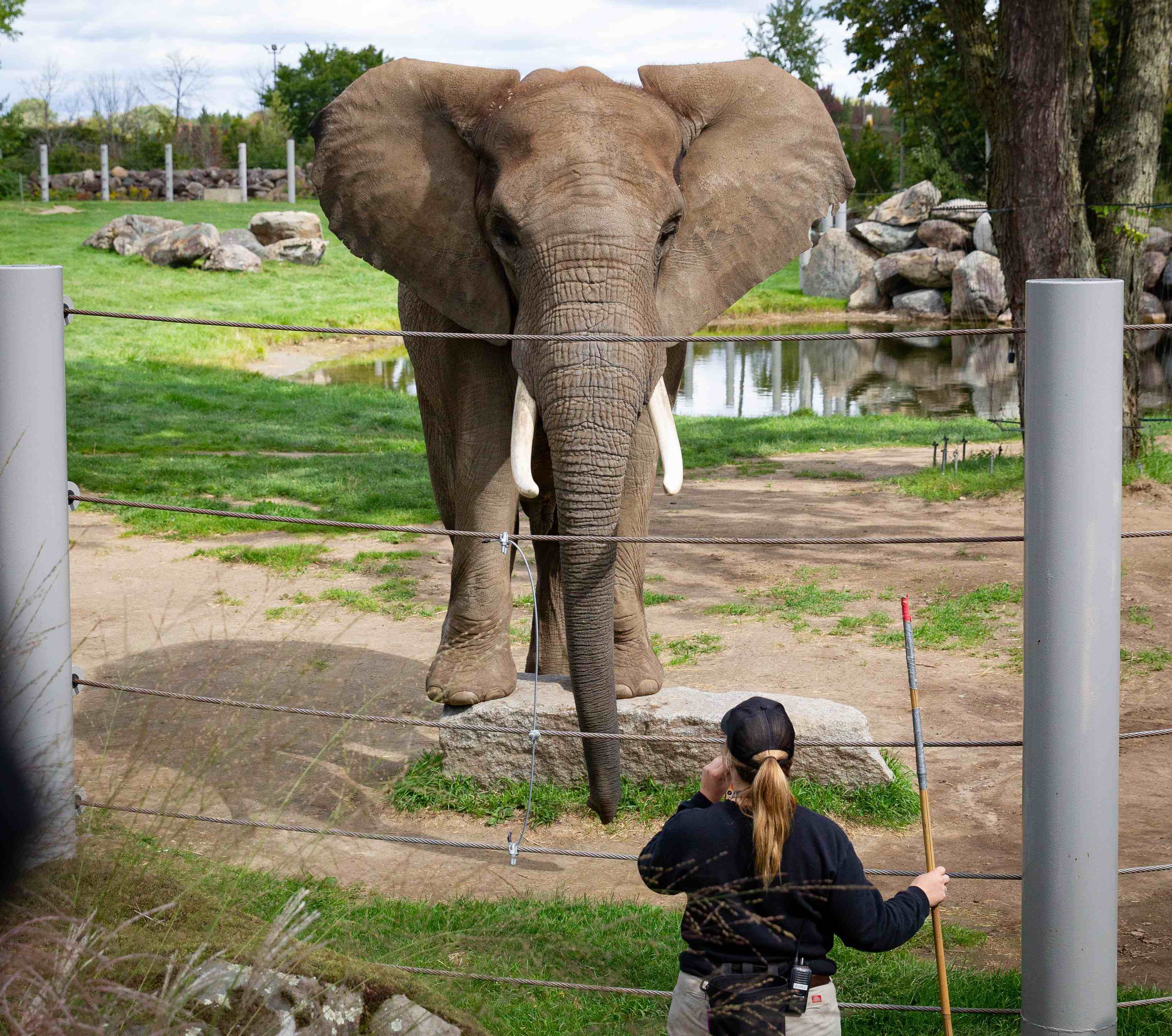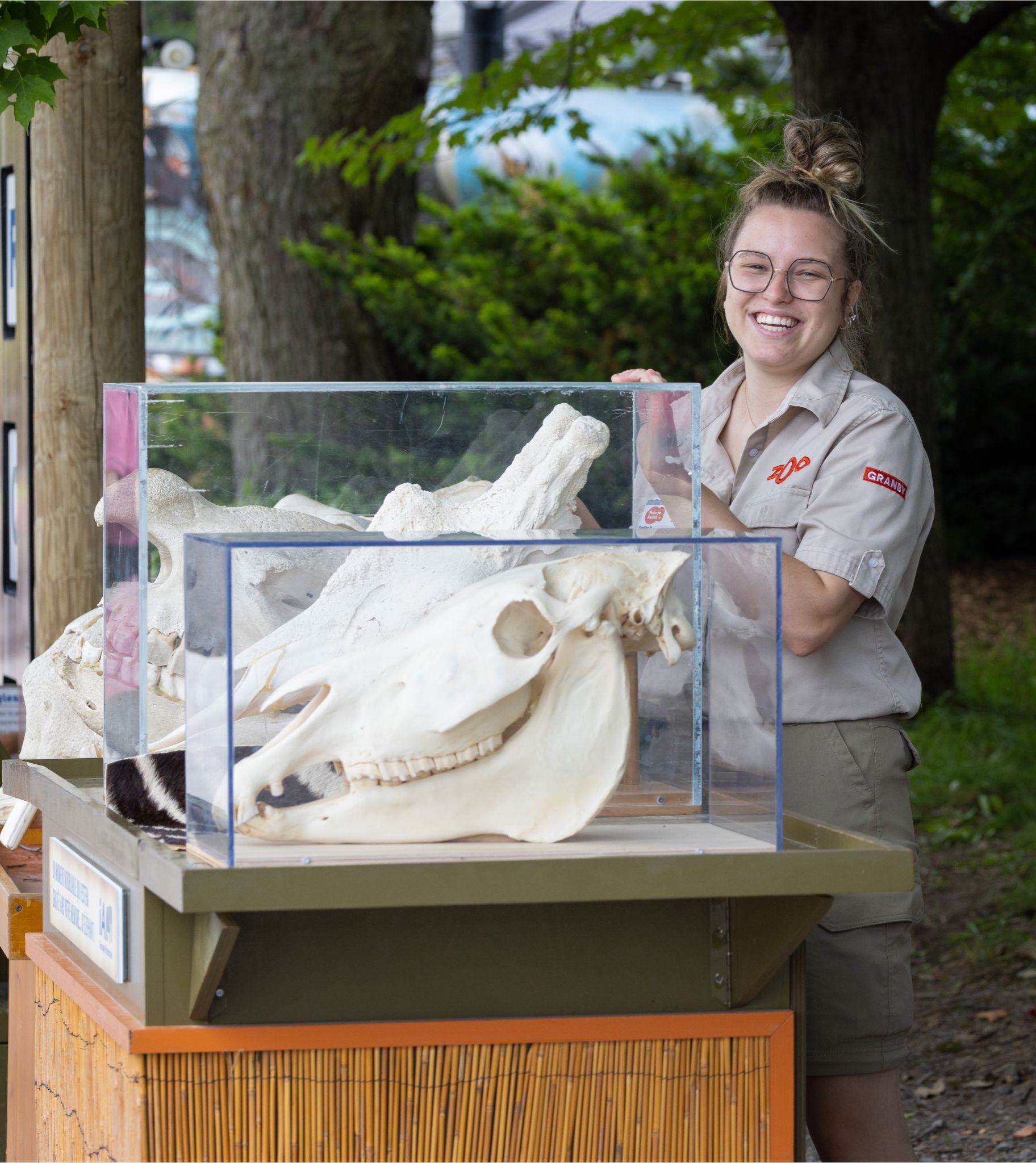6. Protecting Cameroon's elephants and gorillas
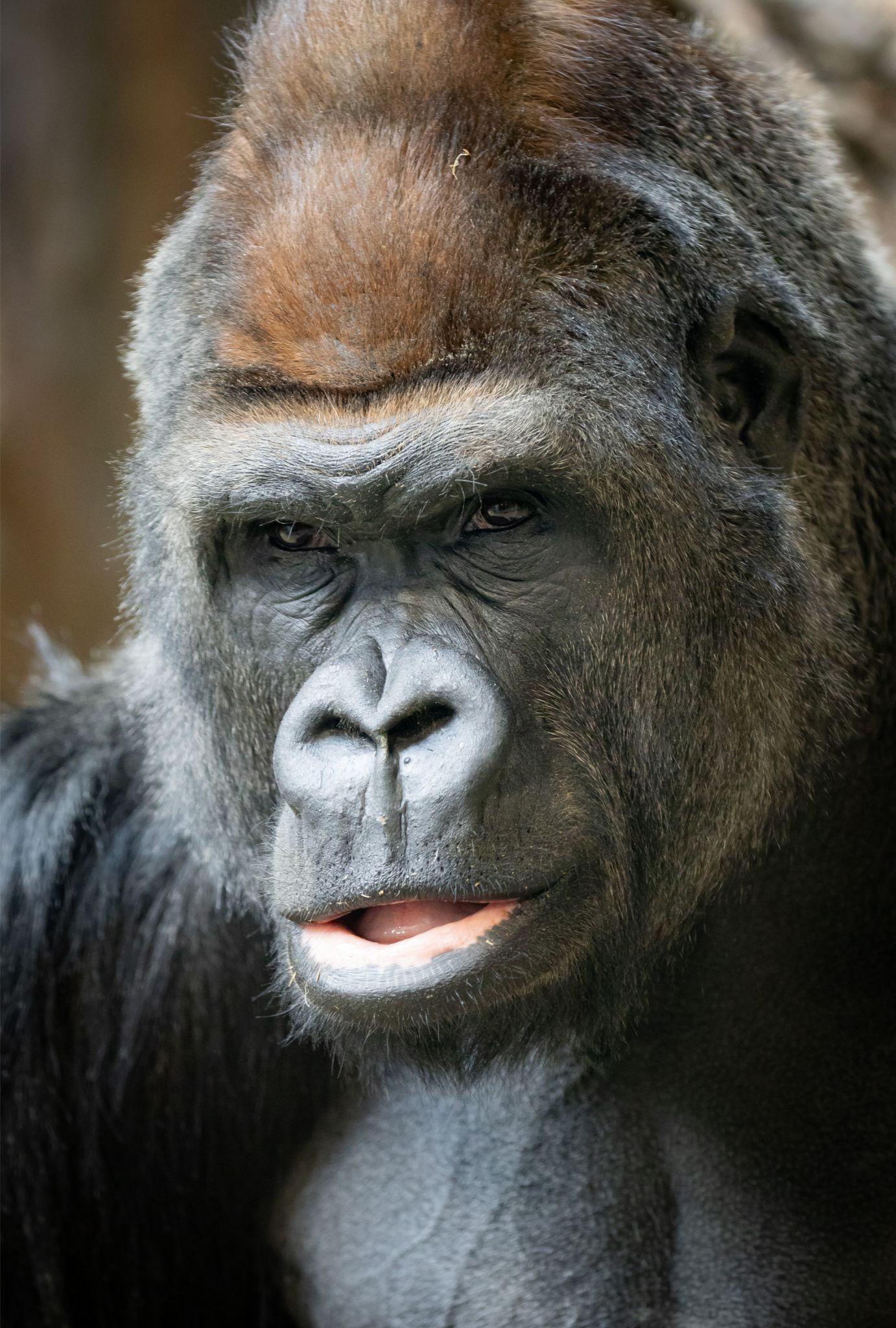
From Granby to Campo Ma'an, Cameroon: the story of a major conservation project
With a growing determination to act beyond its borders, the Zoo de Granby initiated, in 2015, an ambitious conservation project with the Campo Ma'an National Park (264,000 ha of tropical forest), in southern Cameroon, in collaboration with the Foundation for the Environment and Development in Cameroon (FEDEC), the Ministry of Forests and Fauna, Concordia University, and the World Wildlife Fund (WWF).
Five objectives were identified in order to carry out this elephant and gorilla conservation initiative while supporting the protection of the territory through the involvement of the local communities. The park is home to some 350 African forest elephants and 700 western lowland gorillas.
In defense of gorillas and elephants
The project's five objectives
Interesting informations
Project Overview
Patrick Paré, biologist and Director of Conservation and Research, travelled to Yaoundé and Campo Ma'an National Park three times between 2015 and 2017 to establish partnerships, meet with government stakeholders, determine objectives, develop projects and initiate actions. In 2018, a $200,000 fundraising campaign was launched by the Fondation du Zoo de Granby to support the project.
Valérie Michel, an animal health technician, visited the park twice in 2018 and 2019 to collaborate on conservation and research actions initiated by the partners. Accustomed to caring for the Zoo's large wildlife, she was able to contribute to various projects including assisting WWF's assigned veterinary staff. She also collaborated with enquiries into the challenges communities must face with migrating elephants.A Ph.D. project in collaboration with Concordia University is currently underway to study the population dynamics of elephants and to recommend solutions for a more harmonious coexistence between the pachyderms and the communities living on the outskirts of the protected area.
The Zoo has also financed the construction of a research laboratory on wildlife diseases (zoonoses), as well as the purchase of motorbikes, computer hardware and different equipment for the park's trackers and eco guards. Also, to support the work of the eco guards and research teams, the Zoo funded the reconstruction of the bridge over the Bitande River which had been destroyed by bad weather making the road inaccessible in an area of the park where poaching pressure can be intense on gorillas, in particular.
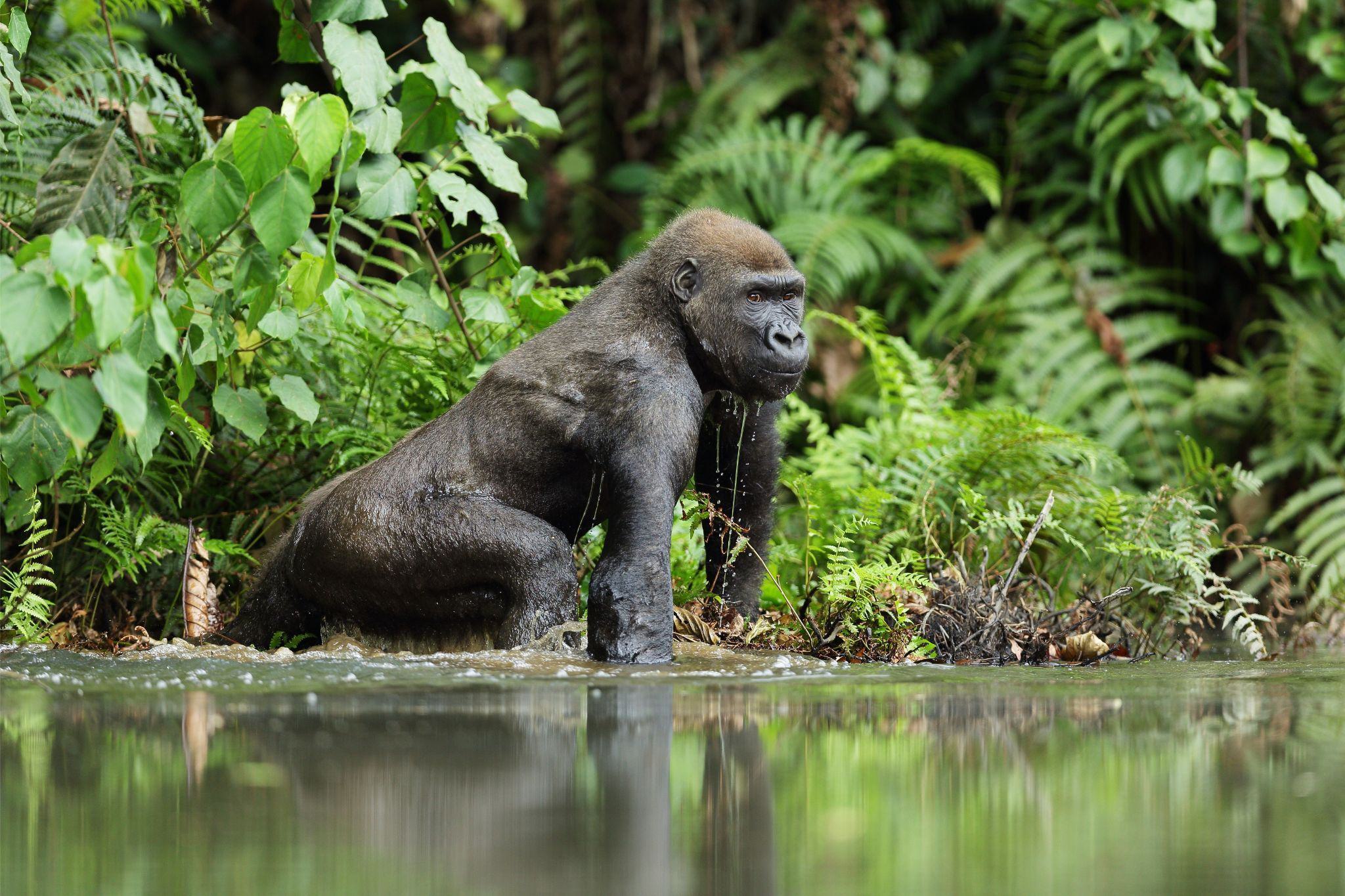
Our vision for the future
Throughout the upcoming years, we plan to :
- Test mitigation techniques that can limit wildlife-human conflicts.
- Continue to develop beekeeping activities.
- Document wildlife disease risks and strategies to promote the health of gorilla populations in the park, in the context of organized tourism ecotours in the natural habitat.
- Provide state-of-the-art equipment and technical support to the existing eco guard, tracking and research teams.
- Collaborate in the mission of community awareness raising, education in schools and ecotourism in the park.
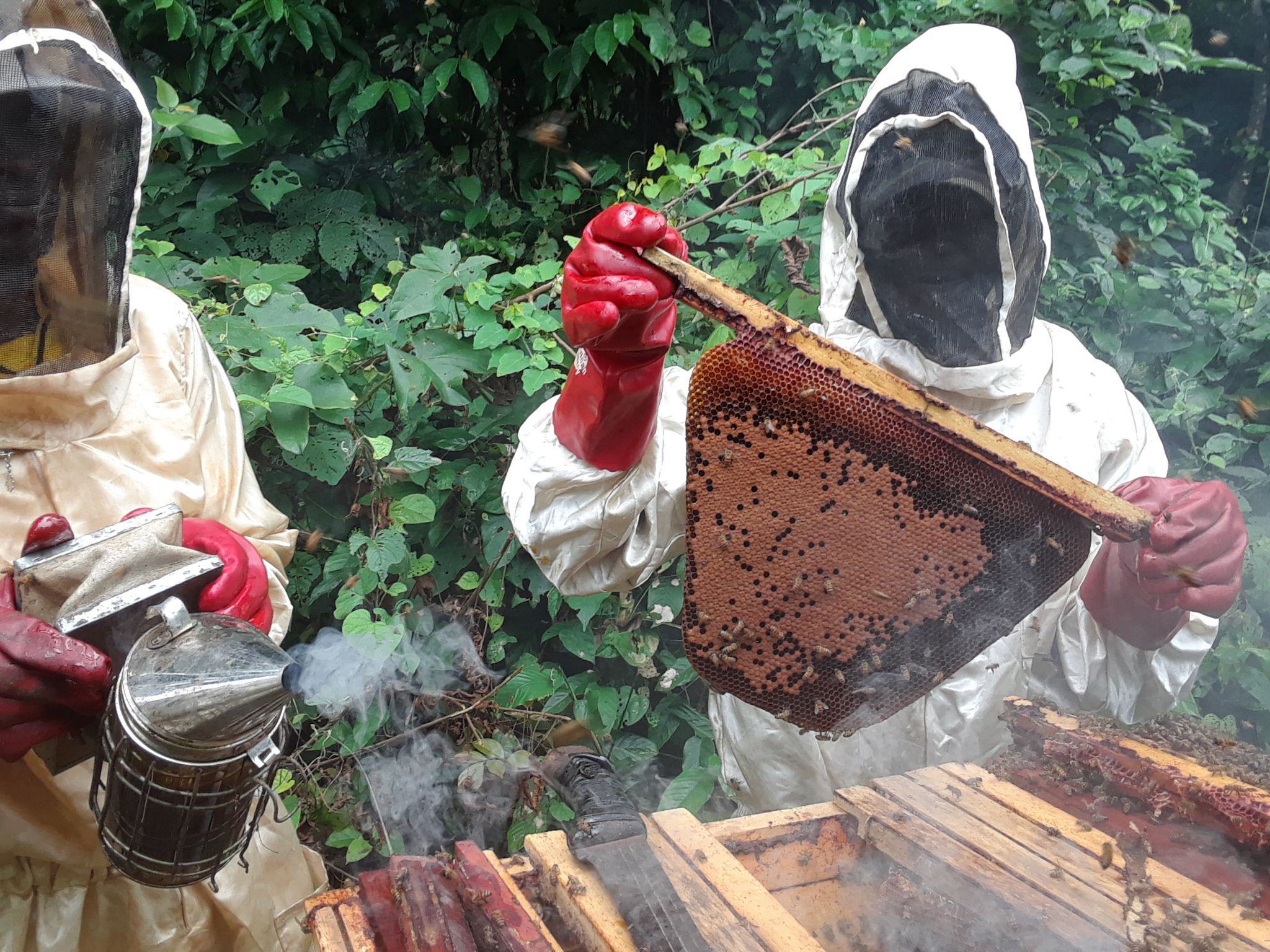
Did you know...
The communities living around the park are subjected to the ransacking of their plantations by the big pachyderms. To counter this problem, and also to secure the indigenous populations of Bagyeli pygmies, the Zoo de Granby is following up on an idea put forward by Disney and Oxford University who invented a unique bee fence concept. Elephants are not particularly fond of these stinging insects... so, by installing beehives around the plantations, the crops are protected and the bees provide the local population with honey!
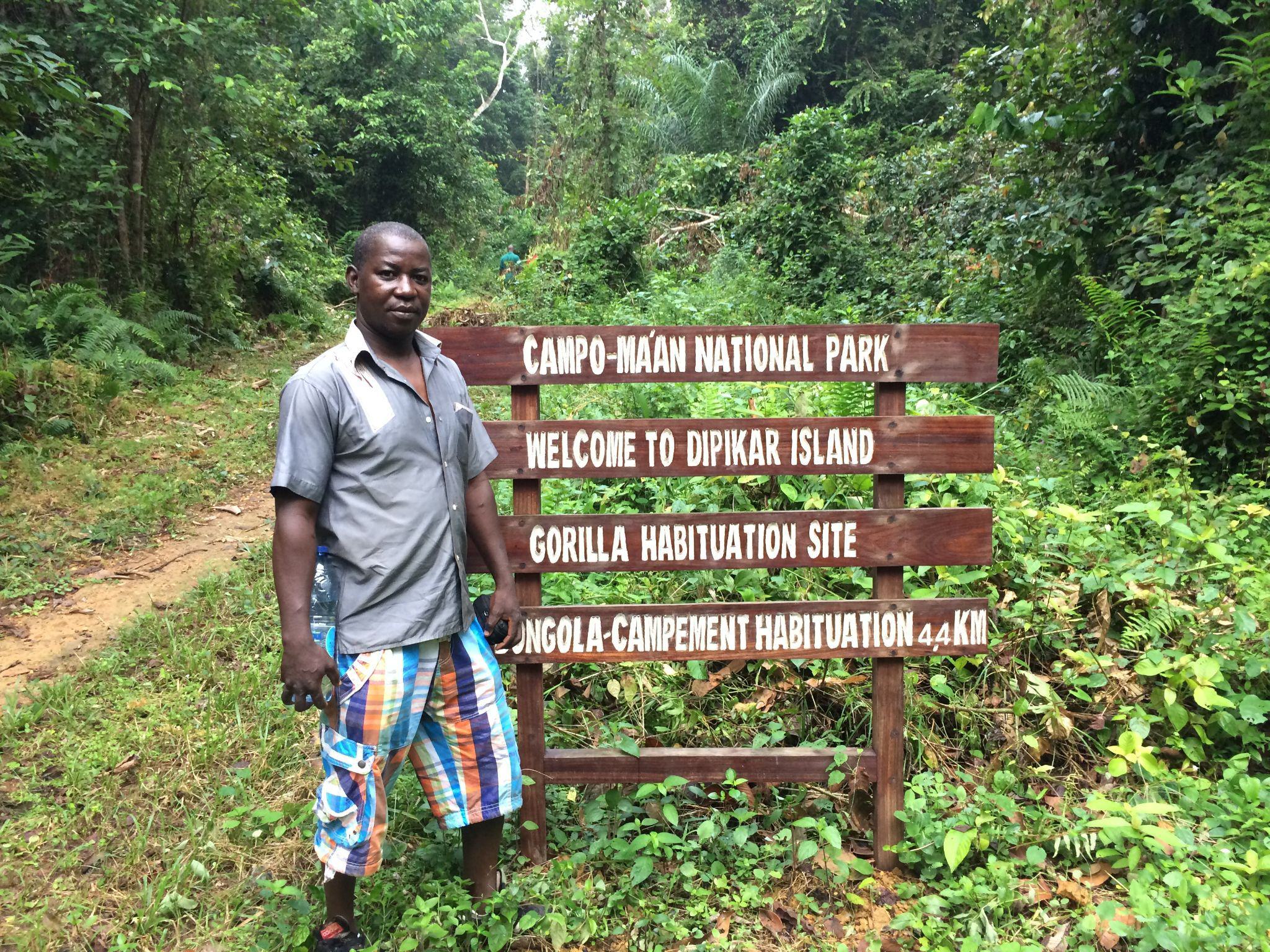
ABOUT CAMPO MA'AN NATIONAL PARK
Campo-Ma'an National Park covers 264,000 hectares (more than 5 times the size of the island of Montréal) and is surrounded by dozens of villages and a population of 100,000. The park is listed as one of the 33 priority zones of the Central African Protected Areas Network. The park is located near the port city of Kribi.
The park has a wide variety of habitats and is home to several dozen endangered species. In addition to gorillas and elephants, there are 700 chimpanzees, some 300 bird species and 122 reptile species. It's also the only protected area where the mandrill monkey is present in Cameroon.
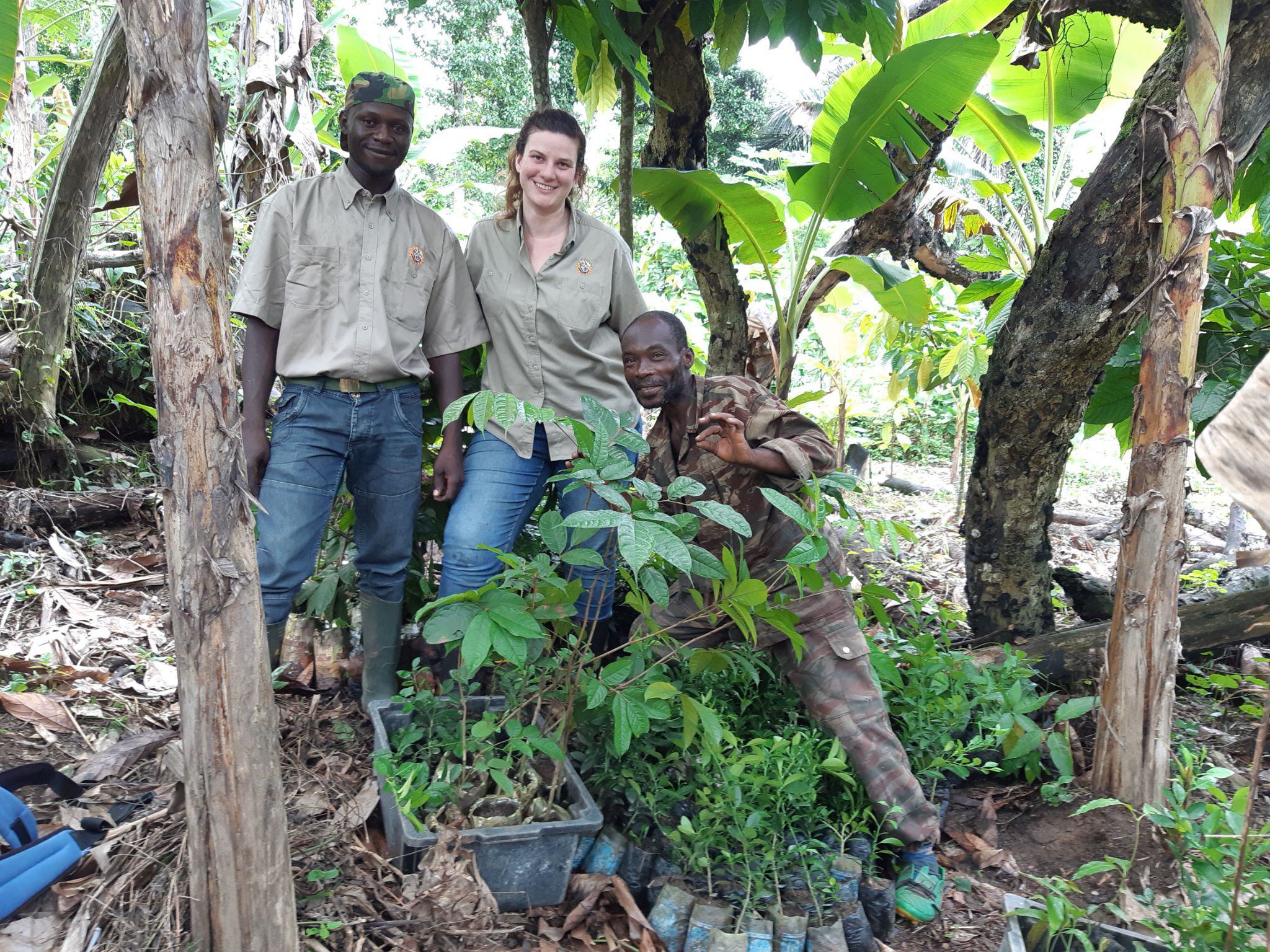
A ZOO DE GRANBY EMPLOYEE AT THE HEART OF THE PROJECT!
With several rewarding experiences on the African continent over the past few years, Valérie Michel, who holds a diploma in animal health techniques, works at the Zoo ed Granby with our elephants and gorillas. She was given the mandate to participate in conservation activities at Campo Ma'an National Park with the team from the Foundation for Environment and Development in Cameroon, the park's conservation department, the World Wildlife Fund and Concordia University. The next phase of the project will be carried out in 2023 by a biologist from the Conservation and Research Department.
